Corrective Jaw Surgery
Alaska Center For Oral + Facial Surgery
Alaska's Only AAAHC Accredited Oral & Maxillofacial Surgery Practice

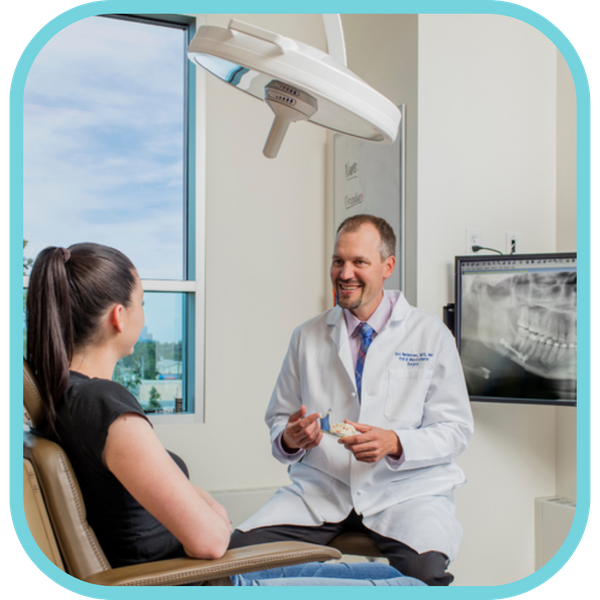
Corrective Jaw Surgery Is A Consult Away At Alaska Center for Oral + Facial Surgery
Jaw surgery can be used to treat a wide variety of conditions such as TMJ and sleep apnea with excellent results and patient satisfaction. This includes but is not limited to:
- Major and minor skeletal discrepancies
- Facial asymmetry
- Facial syndromes
- Growth abnormalities
- Post-traumatic deformities
Corrective jaw surgery is underutilized due to some misconceptions within the general public and subsequently, it is not discussed as often as it should be.
Despite this, patients who have jaw surgery are generally very happy with the decision and the outcome of corrective jaw surgery.
One of Dr. Nordstrom’s primary areas of focus is in corrective jaw surgery treatment. He performs the most jaw surgeries in the state of Alaska.
Dr. Nordstrom cares greatly about the impact this surgery can have on patients but understands the financial challenges it can mean to families, which is why he will work hard to make surgery possible for patients in need of this type of care.
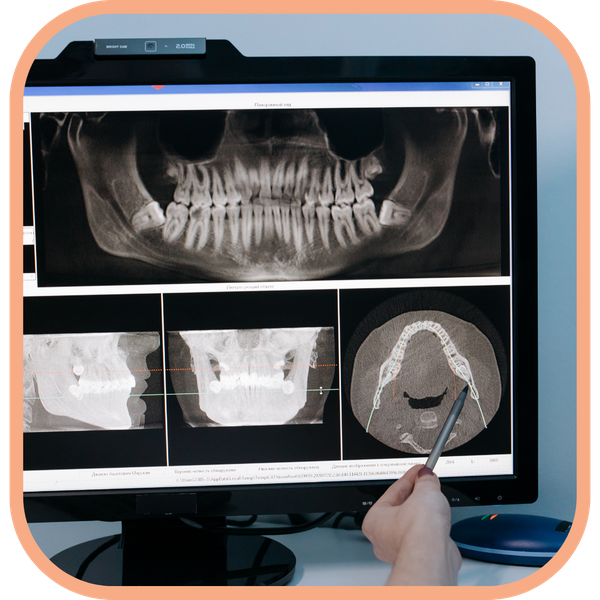
Initial Consult
When it comes to corrective jaw surgery every patient is unique, which means that every patient will have a different treatment plan regarding their specific jaw issue.
As we mentioned above, jaw surgery treats a myriad of oral health issues ranging from skeletal discrepancies to post-traumatic facial deformities. The jaw is just as important as our teeth and impacts both our overall oral health and our quality of life greatly.
Not only can corrective jaw surgery improve a patient’s speaking, breathing, and chewing, it may also improve a person’s appearance.
When you partner with Alaska Center For Oral + Facial Surgery, you get a world-class staff of oral surgeons who have committed their careers to finding the best corrective jaw solutions for their patients. Their approach is very team centered and they often consult with each other and develop a treatment plan that is the absolute best. Combine their skills, knowledge, and experience with a state-of-the-art facility and you have the leading oral surgery facility in Alaska, if not the entire country.
How Do People Benefit From Corrective Jaw Surgery?
Jaw and joint pain relief
If you experience jaw pain from bones that are misaligned, it causes direct strain on the temporomandibular joints. If left untreated, it can result in chronic pain and may lead to the development of TMJ.
An improved bite
Once the jaws are in alignment, it creates a better bite function that leads to better biting, chewing, and swallowing. This benefits the patient greatly as they can enjoy foods that they weren’t able to prior to the surgery.
Healthier teeth
When the teeth are misaligned this causes increased pressure on certain teeth. This pressure leads to wear and tear that not only grinds on teeth but can, over time, result in tooth decay and tooth loss. When this is corrected, teeth are healthier and avoid any unnecessary wear and tear.
Success Stories
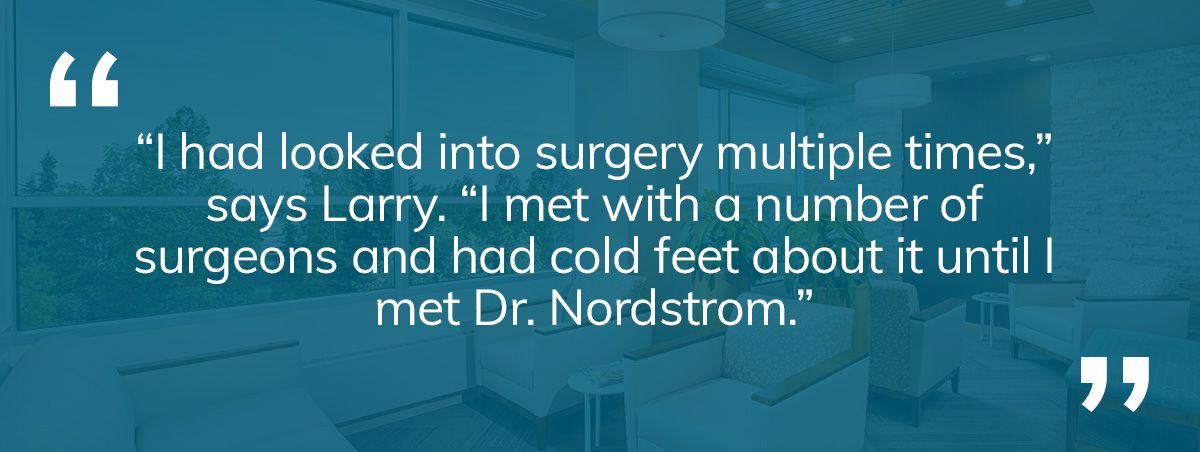
"I really had been seriously exploring jaw surgery for pretty close to 10 years. I think I decided in the first five minutes when I met Dr. Nordstrom that I was going to do the surgery with him..."
— Larry
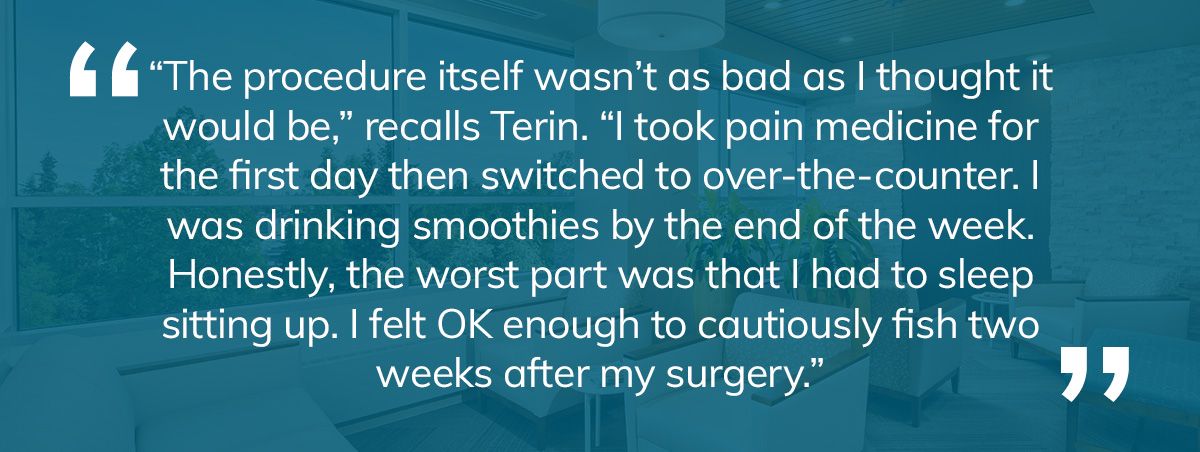
“I was born with a cleft lip and palate. I had multiple surgeries beginning as an infant through my early childhood. "
— Terin M.
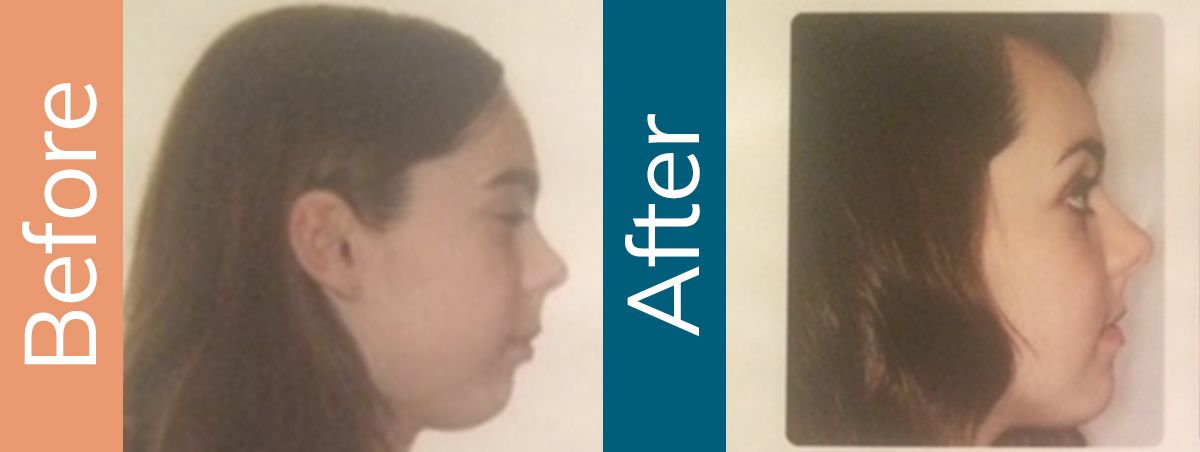
“Kate had skeletal malformations such as mandibular hypoplasia and an open bite. She had orthodontic treatment since she was 11 years old, but by the time she was 15, all of the orthodontic options had been..."
— Kate G.
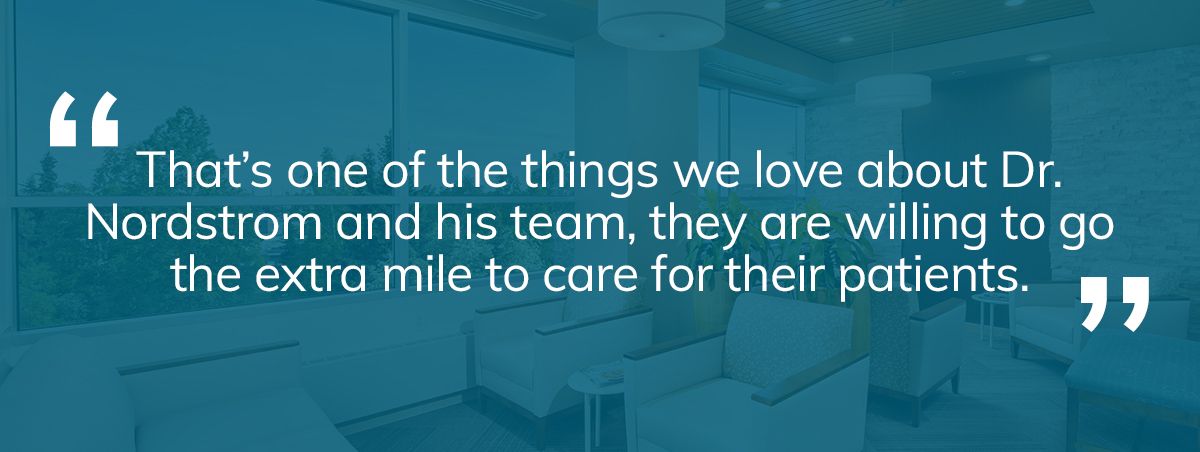
“When Leah was eight years old, we realized something was truly wrong with her jaw and we were desperate for help. Her face looked off-center. People stared. It was heartbreaking. When we found Dr. Nordstrom, we..."
— Leah
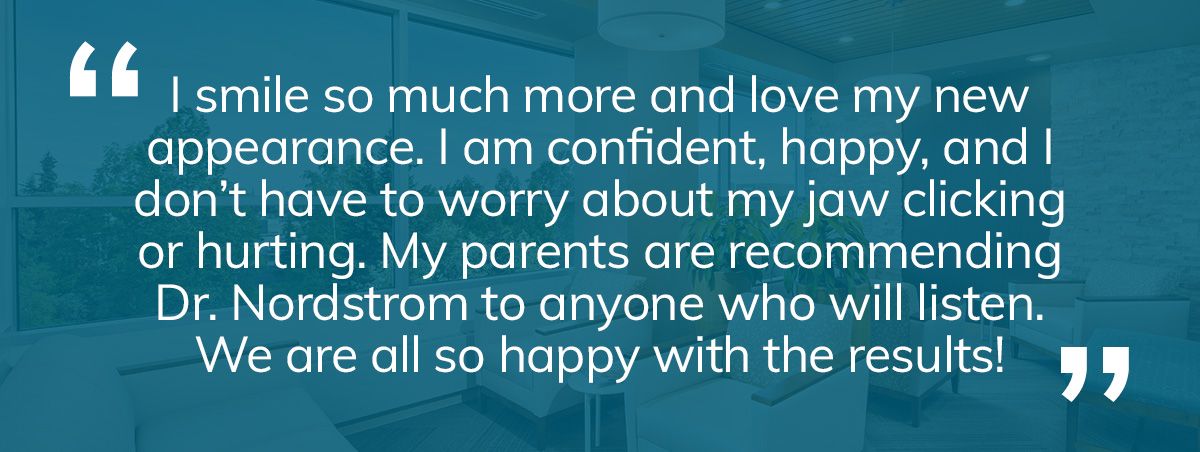
“The first time my jaw dislocated and got stuck, I was so scared and didn’t know what to do,” remembers JJ. “That was the beginning of a six-year orthodontic treatment journey that we always knew would end with..."
— JJ K.
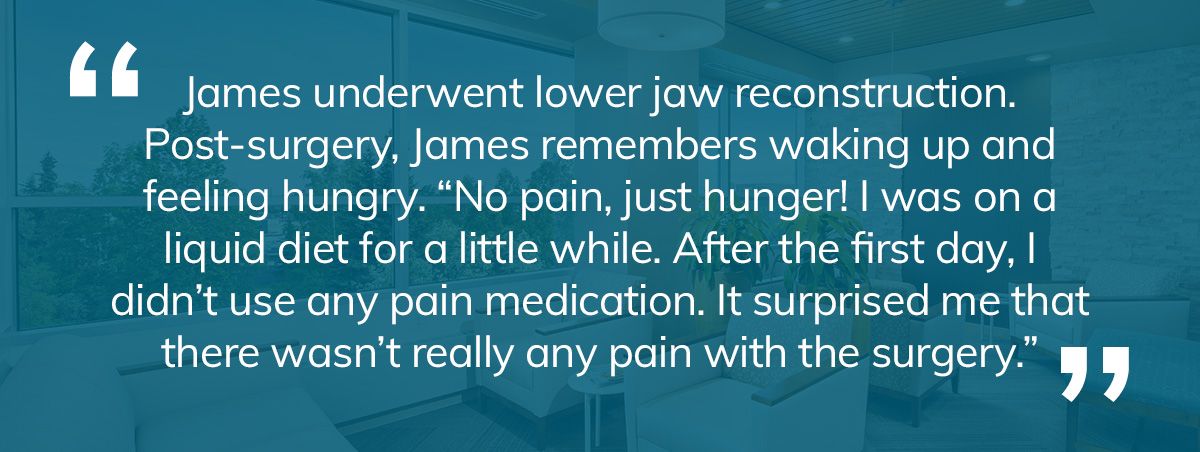
James underwent lower jaw reconstruction. Post-surgery, James remembers waking up and feeling hungry. “No pain, just hunger! I was on a liquid diet for a little while. After the first day, I didn’t use any pain medication..."
— James C.
Contact Us Today
You do not have to consider long-distance travel to have your corrective jaw surgery performed — it can be done right here in Alaska, by a specialist focused in this area.
Get in contact with our office today for mre information on our jaw surgery procedures.
Call Us: (833) 457-5417
